“Halal” - how much meaning is hidden in this word! We are used to think of food in a casual manner, but the Sharia law is different as it affects all spheres of life. Nowadays Halal tourism is developing in a frantic pace: plus 140 million tourists over the past 20 years.
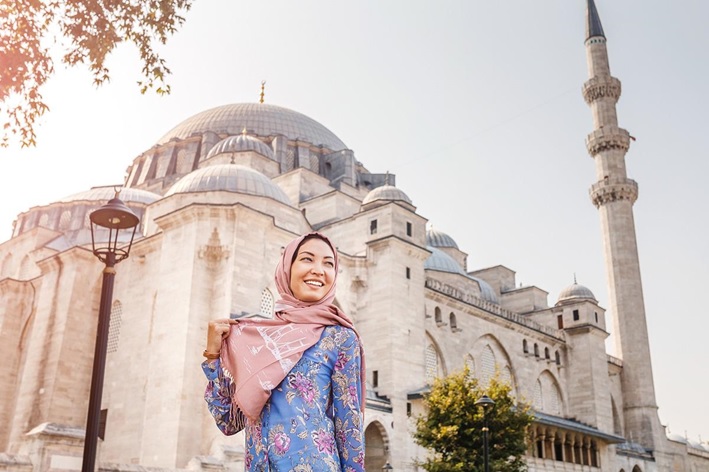
Standards of Halal-oriented hotels are also changing today. The requirements are ranging in the following way:
- “The must have”. Halal menu, ideally – the complete absence of alcohol. Qiblas (directions towards Mecca), praying rooms, right bathrooms. No Islamophobia in a city.
- “Good to have”. Special service during the holy month of Ramadan. Contact with Islam culture: a guide, excursions, visiting of local communities.
- “Not necessary, but would be nice”. Separate for men and women swimming pools and beaches, fitness centres, SPA and beauty-saloons. Halal surrounding – minimum of entertainment signs that contradict the Sharia law: bars, discos and casinos nearby.
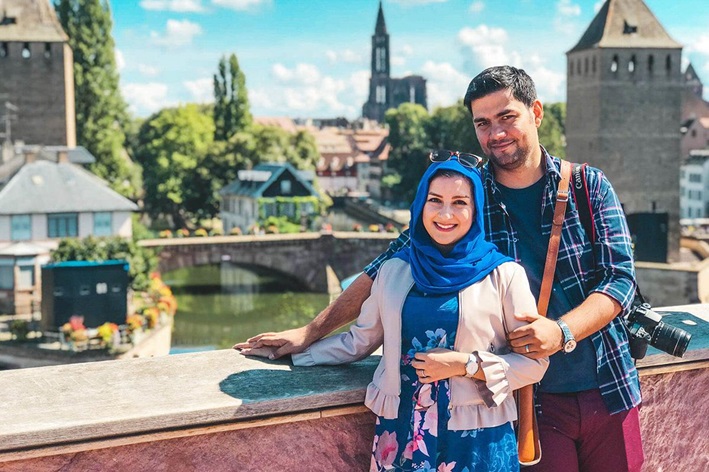
Hotels fight for their customers same as battling for the place under the sun: the assortment of non-alcoholic beverages, oriental cuisine, modestly dressed Arab-speaking personnel (sometimes even equipped with compasses along with the qiblas), Halal-oriented interior and specific room attributes, Islamic TV channels.
Nevertheless, chances for attracting the Halal public are better in Muslim countries: historically or otherwise, they still have the best atmosphere. Mosques, sacred places, Halal entertainments.
Each Halal-friendly country passes through more than 40 criteria in order to receive its place in the GTMI ranking. In 2019 it looks as following.
Top-10 Halal-friendly destinations, included in the Organization of Islamic Cooperation (OIC)
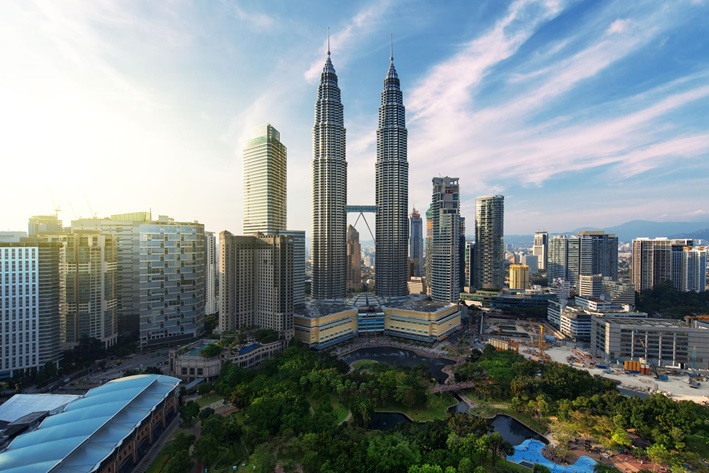
1. At the top of the list is Malaysia, contrasting with its architecture, the most suitable country for family holidays. More than half of the inhabitants are Muslims. Mosques, religious holidays, service during the holy month of Ramadan, hotels in accordance with the Sharia law, only Halal food. Moreover, the capital Kuala Lumpur is the greenest city in Asia; the island Sipadan with its 3000 species of fish is a fairy tale for divers; Petronas towers. And the main attraction is “walking” trees that move several meters a year in search of water!
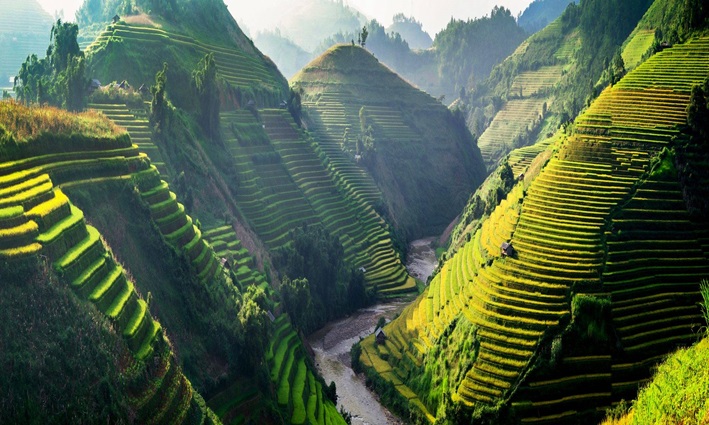
2. Indonesia shared the leadership in 2019. Of course: since 2016 the country won 12 out of 16 nominations in Halal tourism, little has changed ever since. Two provinces took prizes as top gastronomic and cultural-historical destinations. What is more – the country displays model airlines and the airport. In 2019 they took the 1st place for the level of services. And everything comes with the prefix “Halal”.
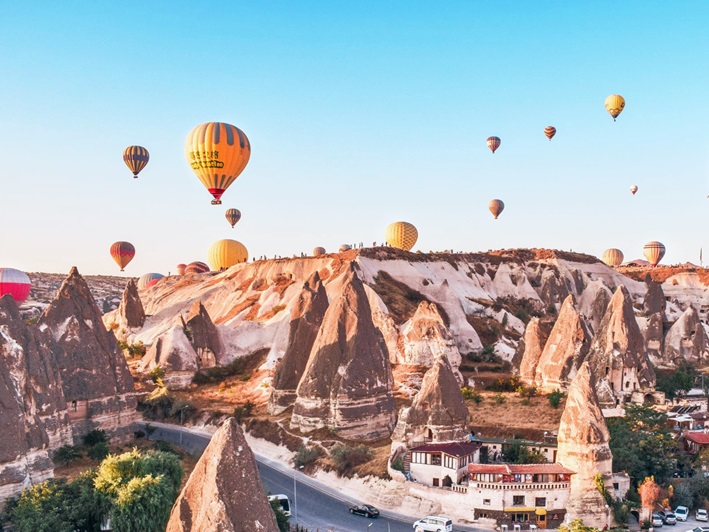
3. With a small margin further down is coming Turkey. First-class family hotels with special zones and mosques on site, daily adhan and collective prayers. Noteworthy to mention separately the beauty of Turkish land. On the streets there are dogs chipped with earrings and loads of lazy and well-groomed homeless cats.
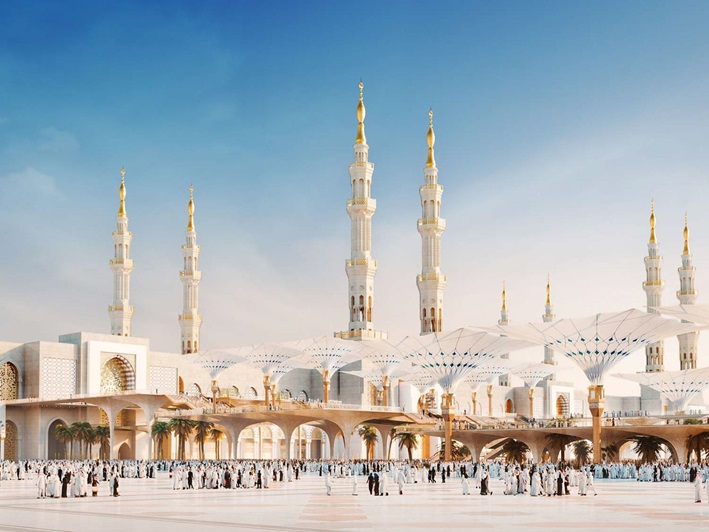
4. Saudi Arabia. One of the most orthodox countries. The embodiment of the Arab East. Hajj, Islamic heritage; holy places determine the top visited cities among Halal tourists - Mecca and Medina.
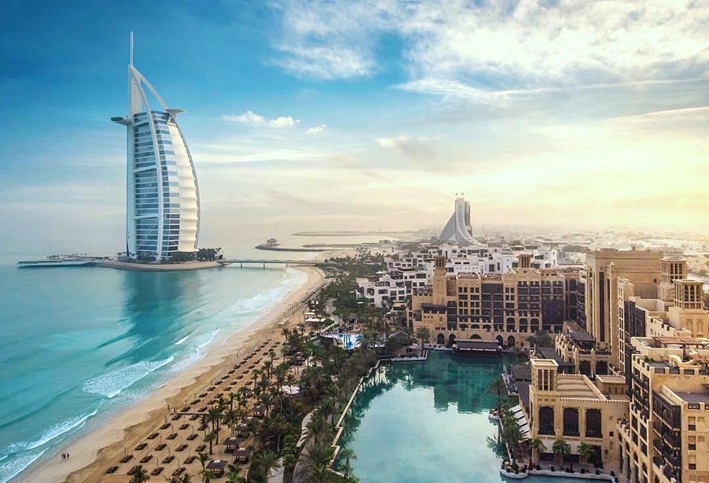
5. The UAE is the tales of “1000 and One Nights” and the ultramodern sports cars under one sky. Once a week - “Women's Day” on beaches; in hotels - prayer attributes and separate service. What is more, 22.5 thousand square meters of a ski resort in the middle of the Emirates Mall.
The second five places were taken by Qatar, Morocco, Bahrain, Oman and Brunei. By the way Uzbekistan, Kazakhstan and Azerbaijan are placed in 18-20 places respectively.
Top-10 Halal-friendly destinations, not included in the Organization of Islamic Cooperation (OIC)
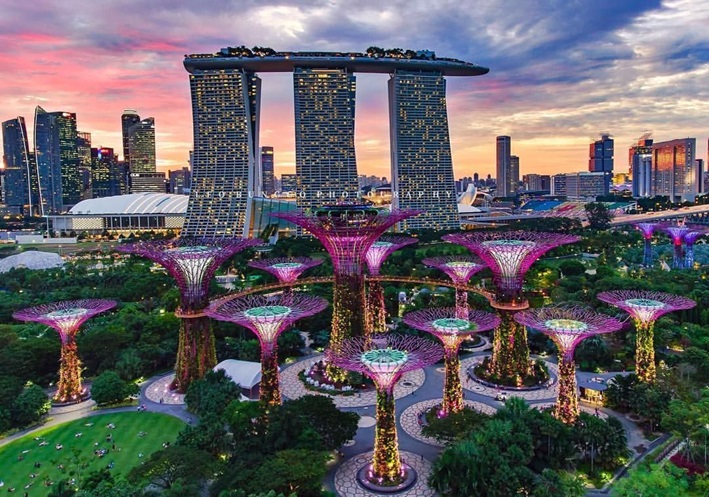
1.Singapore. For the second year continuously it is the winner of “the best environment for Muslim travellers” nomination; also the country took the third place in communication and digital security. Despite urban luxury with its “Universal Studios” (analogy to “Disneyland”), Singapore is also entirely human-made attraction centre of natural wonders: gardens by the bay; sky, aqua and zoo parks; botanical gardens - greeneries with waterfalls. And the views from the hotels are beyond description.
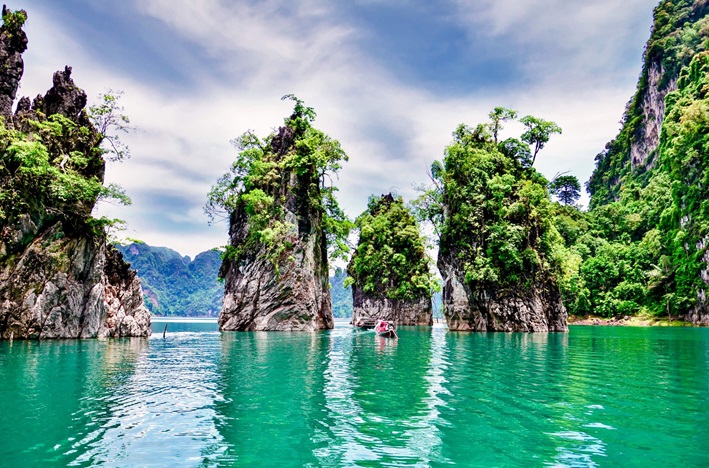
2. Thailand is already for a long time not only about monks and statues of Buddha; “Halalization” is in the country's national strategy. Out of 70 million inhabitants 5 million are Muslims; 3500 mosques; the annual Thailand Halal Assembly, which includes conferences, exhibitions on science, industry, and business - everything with the prefix “Halal”.
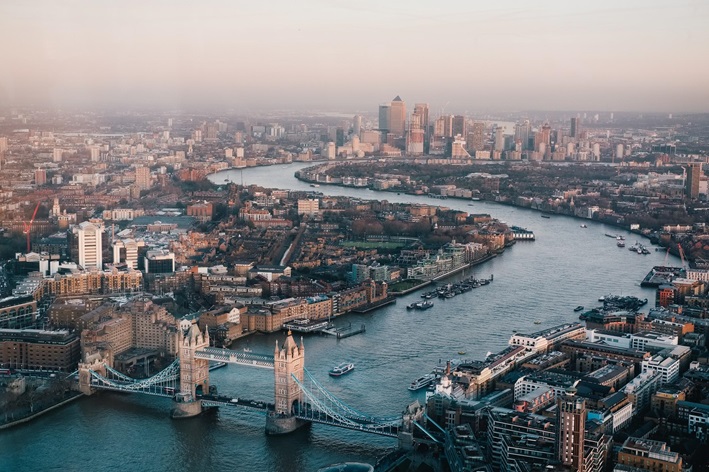
3. Great Britain. World Halal Day was successfully held in London in 2017, and the annual Halal Expo London is planned in 2020. England is generally known as the “Halal paradise”: there are many mosques and Islamic schools (madrasah), separate schools and swimming pools; stores with praying rooms, where a woman can also request for a female sales assistant. Especially positively different are the suburbs of London, the cities of Luton and Leicester.
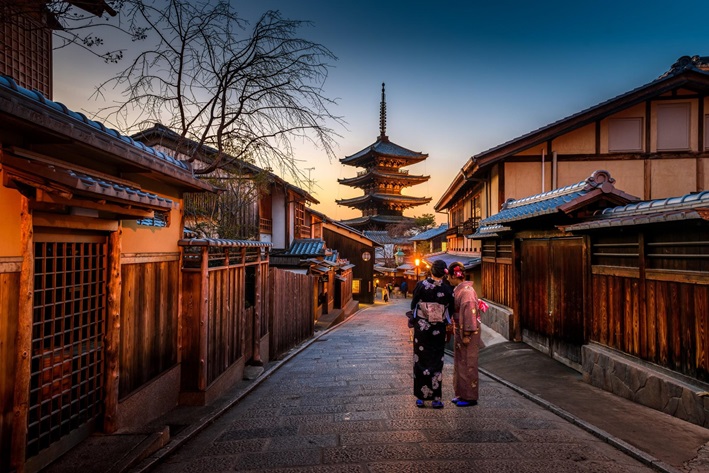
4. Japan has a real boom in Halal tourism. Local hotels and restaurants are fighting for the top places in Halal rankings. There was also trending “Halal Market” exhibition which was held this spring with various exhibitors: from food to medicine.
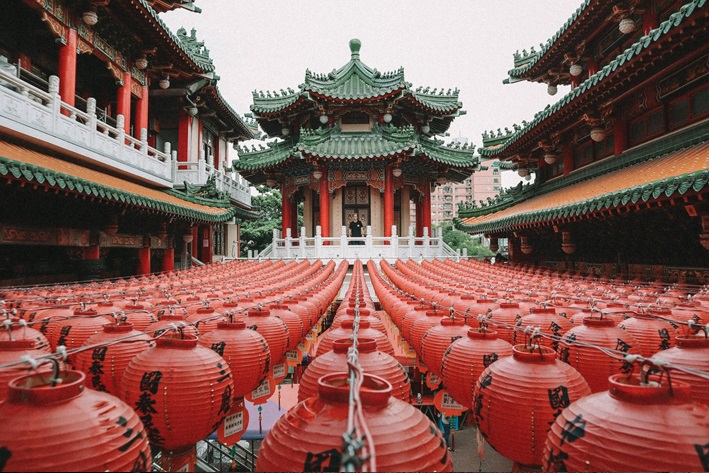
5. Taiwan. Simplification of the visa regime for Muslims; 324 certified restaurants; an abundance of vegetarian food. In a noisy metropolis or at the foot of the mountains - there is no shortage in mosques and Halal hotels in the country.
Places from 6 to 8 were given to South Africa, Hong Kong and South Korea respectively. France, Spain and the Philippines shared the 9th position.
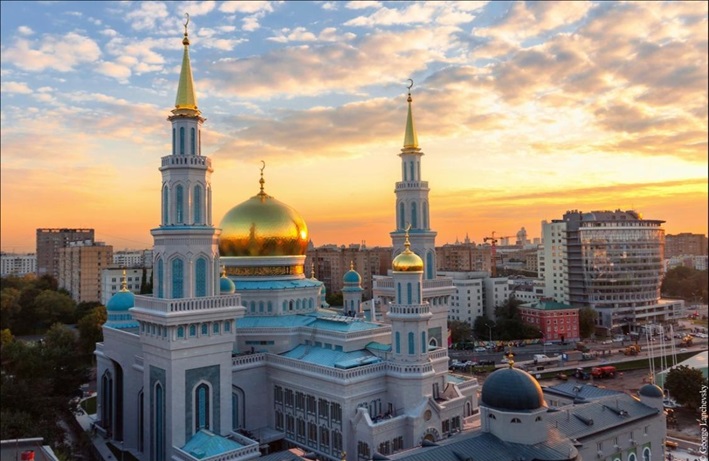
Russia was on the 17th line of the GTMI rating, among other countries that are gaining the momentum for the top lines. For example, in October 2019 “World Halal Day” exhibition was held in Samara simultaneously with the investment summit. Also in May one travel agency in Crimea was certified to operate Halal tours along the monuments of Muslim culture.
Strangely enough that the boom has not happened earlier: today every fifth person on Earth is a Muslim. Islamization is a natural process, but sooner or later everyone will benefit from it. Indeed, “Halal” is no longer just a synonym for “permitted”, but also for “qualified”.